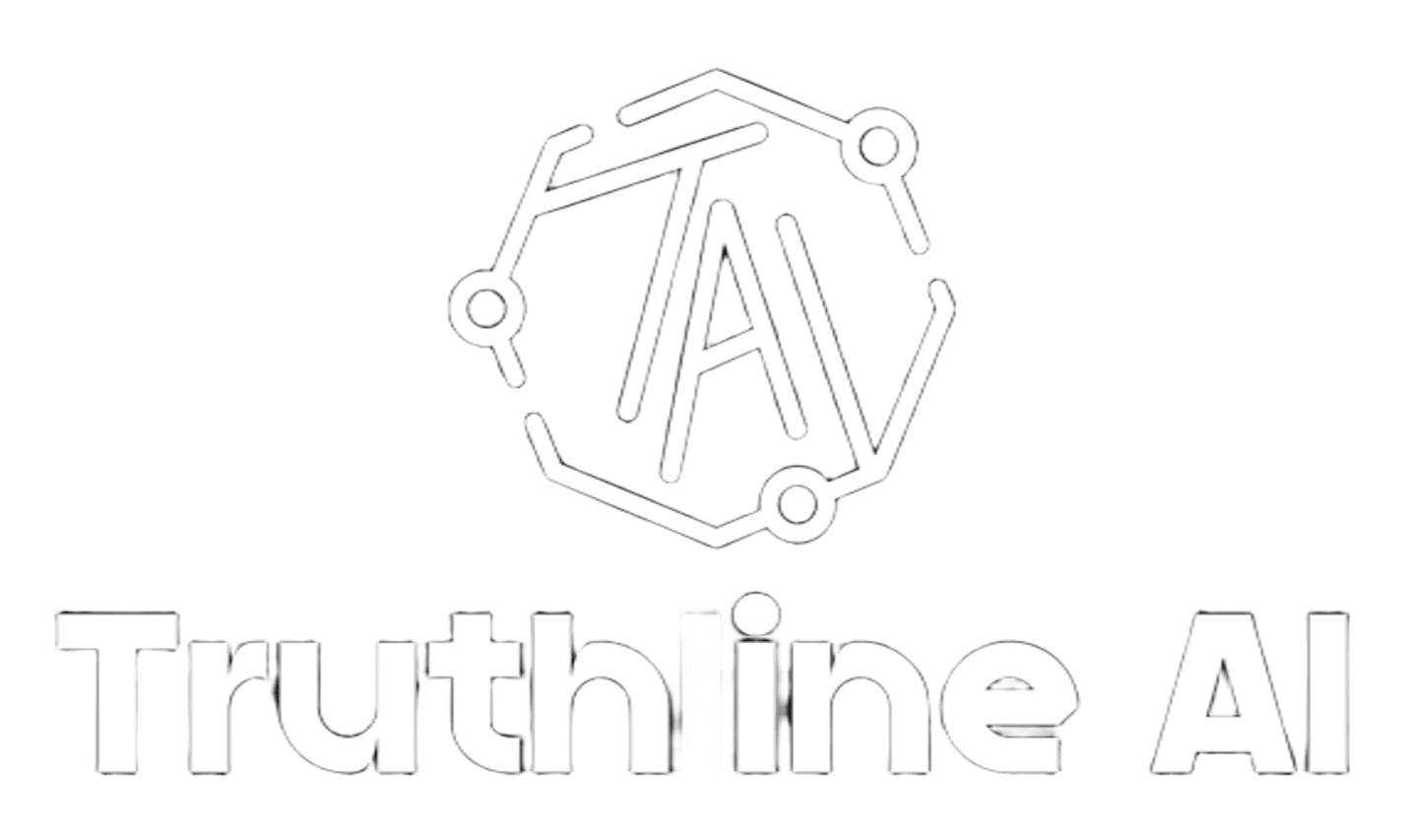Summary for The Business Daily Newspaper -July 14,2025
Page 1-2 : Business Daily reports that the Kenya Revenue Authority (KRA) recorded an 8.2% drop in excise tax collections in 2022/2023, with beer and cigarette taxes falling sharply by 13.9% and 36.9%, respectively.
This marks the steepest decline since the COVID-19 pandemic, attributed to reduced production and consumption, though exact reasons remain unspecified.
Page 3: Highlights that Africa must shift from being a passive AI consumer to an active innovator, leveraging AI to drive growth and solve local challenges. The continent needs to take a leadership role in AI development to harness its transformative potential.
Page 4: States that the Kenyan Treasury has expanded tax relief to include construction loans for residential homes, allowing annual interest deductions of up to KSh 30 million. Additionally, startups under the Nairobi International Financial Centre (NIFC) will benefit from reduced corporate tax rates (15% for 10 years) and other incentives to attract investment in key sectors.
Page 6: Notes that multiple firms are vying to acquire or fund the struggling company Lipal Later, which has raised $16.6 million since 2018 but faces financial difficulties, including debt and unstable revenue streams.
Page 8 : Explains that Kenya’s proposed increase in national park entry fees may cut domestic tourist visits by 25% in the first year but aims to boost revenue for the Kenya Wildlife Service (KWS) to address its KSh 412 billion budget deficit.
Page 9 :Reports that Kenya’s 2nd National Agroecology Symposium emphasized agroecology as a sustainable solution for food security and climate resilience, supported by a $1 billion WRI investment. Evidence shows agroecology can restore soils, empower farmers, and reduce dependence on chemical inputs.
Page 12 : Discusses that Kenya’s economy faces growing challenges, including rising non-performing loans (17.6%), declining traditional industries, and government debt crowding out private credit. Digital disruption, high borrowing costs, and job market shifts are worsening economic uncertainty.
Page 13 : Reveals that the UN’s International Telecommunication Union has urged stronger global measures, including advanced detection tools and digital verification, to combat AI-generated deepfakes in elections and financial fraud.
Page 14: Highlights that Kenyan banks are experiencing liquidity crunches, with secured interbank borrowing hitting KSh 90 billion as smaller lenders struggle with funding access. Larger banks dominate liquidity, while collateral issues and regulatory changes complicate the situation.
Page 24: Argues that Kenya must adopt smart tax policies to boost domestic revenue and achieve the UN’s SDGs by 2030, focusing on poverty reduction, food security, health, and education. Effective taxation and progressive policies are key to reducing inequality and driving inclusive
